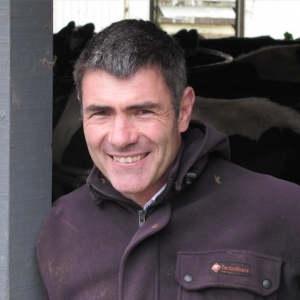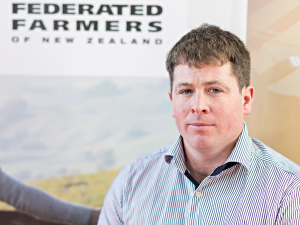PRIMARY INDUSTRIES minister Nathan Guy aims to double the value of exports by 2025.
In a speech yesterday to industry leaders in Wellington Guy noted the export double goal was an ambitious but achievable target. It will require export growth of around 5% a year.
"This target is based on 2012 export figures of $32 billion for the primary sector, with the aim of raising this to $64 billion by 2025," he says.
Guy highlighted three key challenges and opportunities that were necessary in achieving this goal.
Increasing competitiveness through improved collaboration and trade was key along with using science, research and innovation to add value to products.
"Protecting the value of our products is just as important through industry earning its 'social licence.' This means producing our products sustainably, bringing the community with us, and earning their respect and understanding," says Guy.
"Environmental sustainability is no longer a 'nice to have' - it's a necessity for the New Zealand public and our global consumers."
Lastly, Guy highlighted the growing need for skilled workers in the industry.
"We need to attract the best people into the primary industries. Industry and Government need to start working closely together because we are facing a skills shortage in the future."
Guy challenged members of the programme to report back to him in February with the three biggest obstacles and opportunities their industries had in reaching the export double target, and how the Government can help overcome these.










